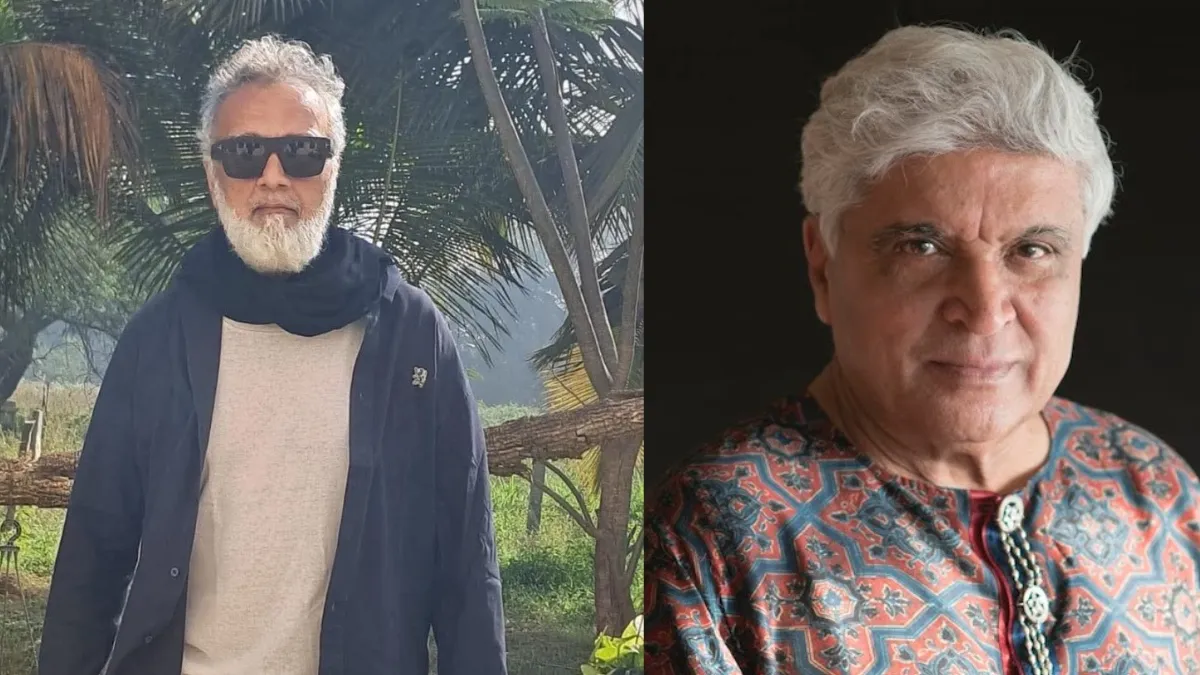- By Sidhi Agarwall
- Thu, 23 Oct 2025 07:43 PM (IST)
- Source:JND
Singer Lucky Ali has issued an apology to veteran lyricist and screenwriter Javed Akhtar after criticising him over a resurfaced video that sparked debate online. The controversy began when an old clip of Akhtar’s comments about Hindus and Muslims from a previous interview went viral, leading Lucky Ali to take a direct jab at him on social media.
The viral clip featured Javed Akhtar recalling a scene from Sholay , a film he co-wrote with Salim Khan while discussing how times have changed in terms of cultural sensitivity. Akhtar mentioned that such scenes might not be written today and said, “Don’t become like Muslims. Make them like yourself. You are becoming like Muslims. It’s a tragedy.” His remark drew mixed reactions online, with some defending him and others, including Lucky Ali, strongly criticising his words.
View this post on Instagram
Reacting to the video on X (formerly Twitter), Lucky Ali wrote, “Don’t become like Javed Akhtar, never original and ugly as f**k,” a statement that quickly went viral for its blunt and personal tone. Many users called his reaction disrespectful, while others supported his frustration with Akhtar’s comment. However, the backlash that followed prompted Lucky Ali to issue a clarification and apology in a separate post. In his follow-up message, the O Sanam singer wrote, “What I meant was that arrogance is ugly… it was a mistaken communique on my part… monsters may have feelings too, and I apologise if I hurt anyone’s monstrosity.” The tone of his apology appeared partly sarcastic, leading some netizens to believe it wasn’t entirely sincere. Still, the singer’s acknowledgment of his harsh words was seen as an attempt to de-escalate the growing controversy.
Don’t become like javed akhtar, never original and ugly as fack…
— Lucky Ali (@luckyali) October 20, 2025
what I meant was that arrogance is ugly.... it was a mistaken communique' on my part.... monsters may have feelings too and I apologise if I hurt anyones monstrosity.......
— Lucky Ali (@luckyali) October 22, 2025
Meanwhile, as of now, Javed Akhtar has not responded publicly to Lucky Ali’s comments or his apology. The incident has reignited conversations about sensitivity, artistic freedom, and how public figures engage with discussions around religion and identity. Lucky Ali’s remarks and his later apology continue to trend across social media platforms, showing how quickly such exchanges can spark wider debate in today’s digital age.


-1761415246292_m.webp)



